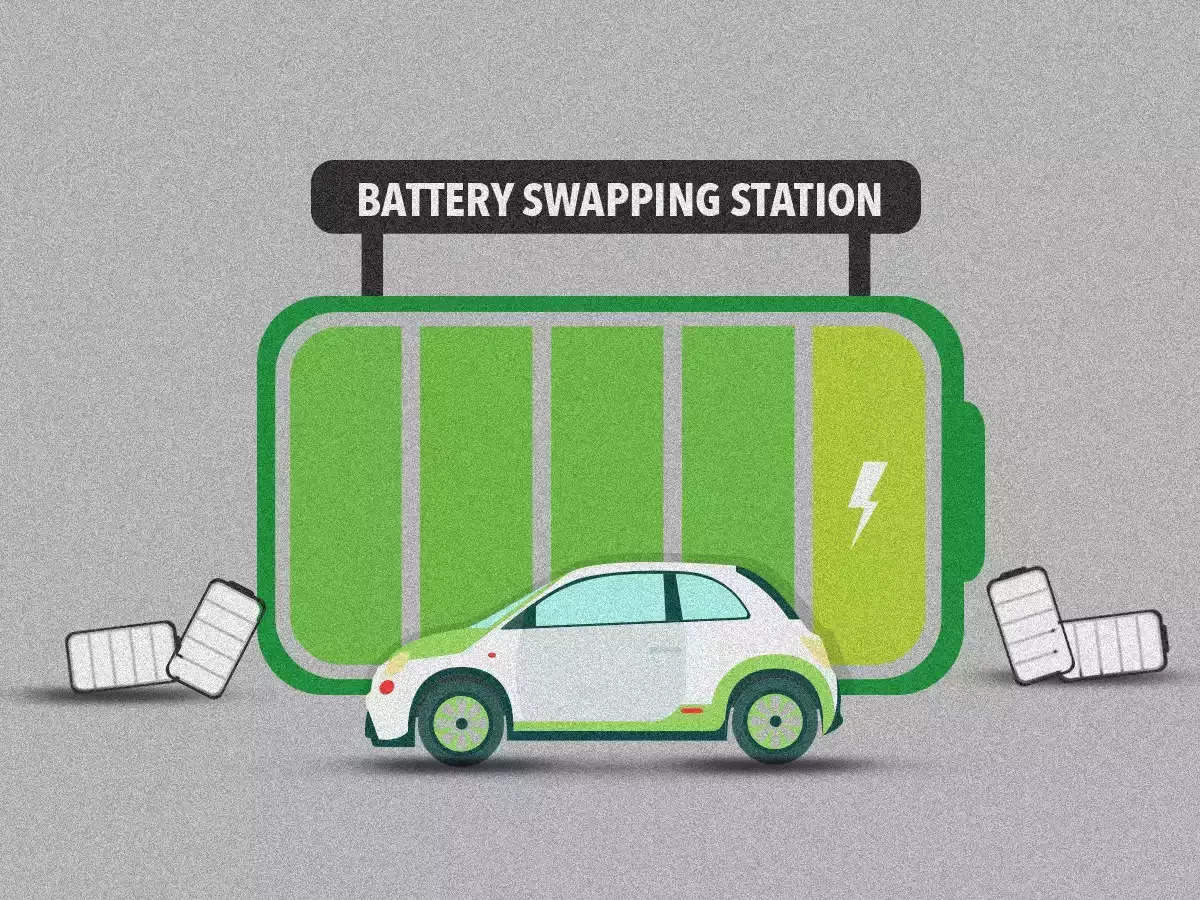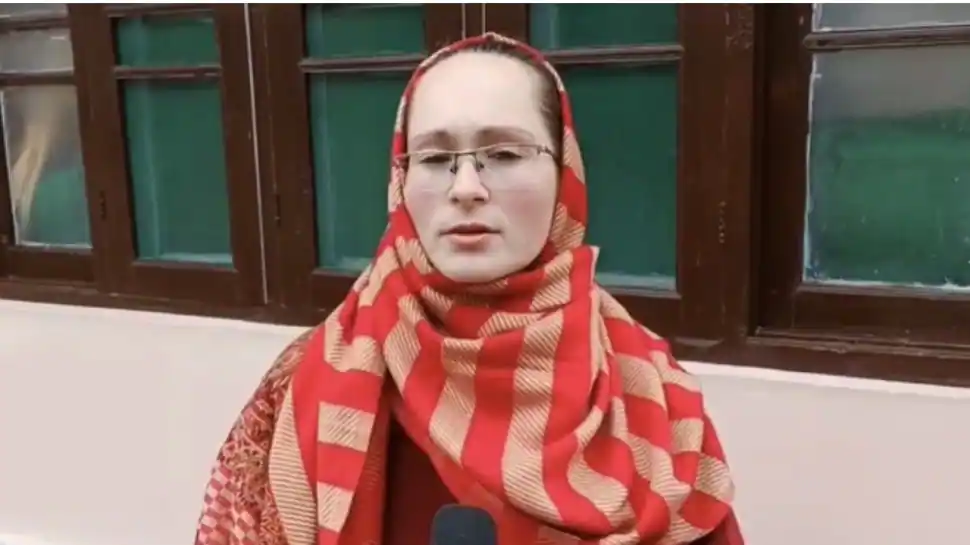
New Delhi: India’s attempts at drafting a policy for swapping of electric vehicle batteries have come to a standstill, as the swapping industry, consisting predominantly of startups and small-scale entrepreneurs, refuses to standardise batteries as they fear undoing by the entry of big businesses.
Also, the startups involved in battery swapping have accused that the proposed standards in the policy draft favour one particular industry player. Amid these accusations, there has been much back-and-forth, with one battery swapping company saying that at the last meeting of stakeholders, the ministry of heavy industries had assured everyone of juking the standardisation requirement.
Now, the reply which the minister of Road Transport & Highways Nitin Gadkari gave in Parliament earlier this week confirms that some more stakeholder negotiations are on-going. Leading the industry t o believe that things are back to square one.
In his reply, the minister said, “Battery Swapping is already operational in India and more new swapping stations are coming up every year in the country. NITI Aayog continues to hold discussions with a wide spectrum of stakeholders representing battery swapping operators, battery manufacturers, vehicle OEMs, financial institutions, CSOs, think tanks and other experts.”
Battery swapping allows electric vehicle owners freedom from range anxiety, since instead of charging batteries strapped on to the vehicle, they can swap the discharged battery for a charged one at the nearest swapping station. Swapping also allows for a drastic reduction in the cost of ownership of EVs, since batteries alone account for up to 40% of the vehicle cost and with swapping, they do not need to be part of the acquisition cost.
Companies which offer battery swapping services need to own these batteries and also set up swapping stations for vehicle owners to avail of their services.
A policy draft outlining key elements was released by the Niti Ayog in April 2022. This draft had proposed standardisation of batteries, chargers and other accessories; outlined safety prerequisites, battery monitoring and traceability systems, process for recycling and refurbishment. Most importantly, it had also outlined the mechanism for battery swapping companies to avail themselves of government subsidies.
As of now, while EVs are eligible for incentives from the government under various schemes such as FAME and PLI, no incentives are available to companies which promote battery swapping. Also, there is a wide disparity in the GST rates for EVs and batteries, at 5% and 18% respectively.
Swapping industry up in arms
One swapping company owner said on the condition of anonymity that interoperability or standardisation would take off the competitive edge players currently have in an industry which is at an early stage of innovation. He also echoed peers on fears of a big business takeover, saying once battery specs were made uniform, “what stops big business from entering this field and destroying the smaller startups which have invested money and skills in creating this category?”
Arun Shreyas, co-founder of RACE Energy, pointed out that it was essential to tread carefully regarding rigid standardisation in terms of dimensions, connectors, or even communication protocols, which will potentially stifle innovation.
“As the industry advances rapidly with various battery types tailored for different vehicle segments and applications, allowing room for innovation ensures continuous progress in battery tech and fosters diverse solutions for evolving mobility needs. We as an industry are at a very early stage of technology advancement especially in the battery swapping domain and it is way too early to pick a winning solution which can curb any further advancements.”
In its representation to the government, the Indian Battery Swapping Association (IBSA) had said in August this year that interoperability existed only on paper and had not been demonstrated as a viable solution in India or any other part of the world. It had also asked for any interoperability standards to remain voluntary and to be delinked from subsidies of any kind.
But Vimal Singh, founder and CEO of ReadyAssist, said standardisation was important for adaptability and scaling battery swapping. “Standardisation will open doors for many third party players …to build infrastructure which can be cross utilised regardless of a vehicle brand or model”.
Policy delay hurts
The endless consultations without an actual policy being notified is already hurting the industry. Nikhil Bhatia, co founder of HOP Electric said the industry needs clarity on how subsidies will be structured and how vehicles will be designed to suit different battery types, sizes, voltages and performance outputs. “The product development journey is long for OEMs. To ensure compatibility, quality and safety, OEMs seek clarity on the battery swapping policy,” he said.
In the absence of a central policy, different state governments are also in the wait and watch mode. Tanvir Singh, co-founder of Mooving, said, “Due to the absence of a centralised electric vehicle battery swapping policy, several states omit explicit reference to battery swapping as a viable solution…some states exhibit a limited understanding of the merits of battery swapping and this is detrimental to the mission”.
Bedies, in the absence of policy certainty, potential investments in the sector are suffering. Singh said 50% of all two-wheelers sold will be on battery swapping by 2030 and this would mean USD 80 billion -100 billion investment will be needed for 2-3 lakh swap stations and batteries. “This money has to flow in through FDI or VCs/PEs who are looking for a firm policy direction and parity with fixed battery EVs in terms of subsidy”.
One vehicle OEM pointed out that the road transport and highways ministry had earlier issued a notification for registration of vehicles without batteries but this was never implemented and no standard operating procedures have been defined so far.
Multiple ministries
While the Heavy Industries ministry is helming the Battery Swapping Policy, stakeholders have been holding meetings with MoRTH as well as the Commerce Ministry. Multiplicity of agencies is perhaps another hurdle in finalising the policy. Also, the issue of GST differential between EVs and batteries remains a contentious one. One stakeholder said that there were some technical issues like a single code for hardware under the GST architecture, which means the Li-ion battery continues to attract 18% GST.
















